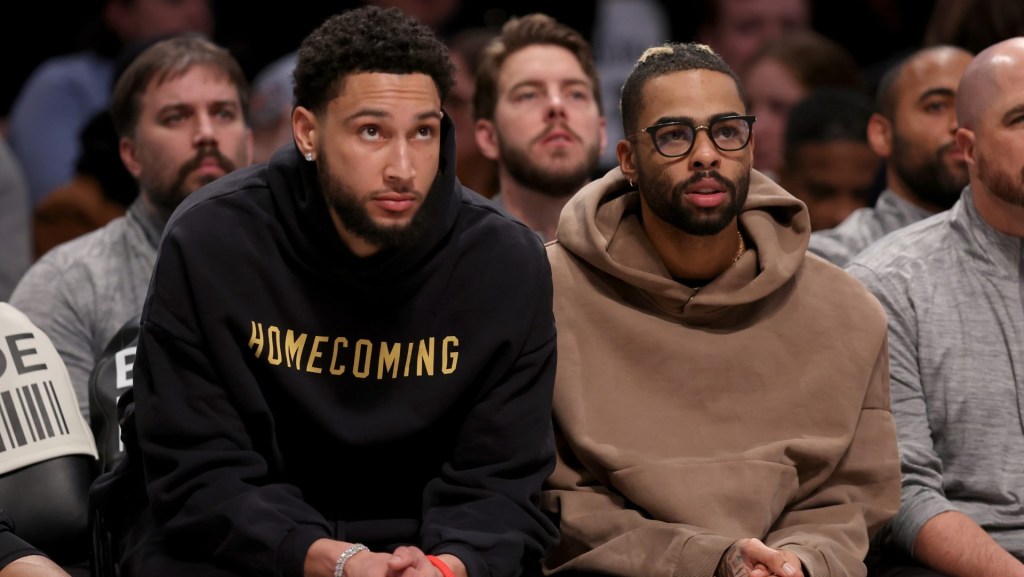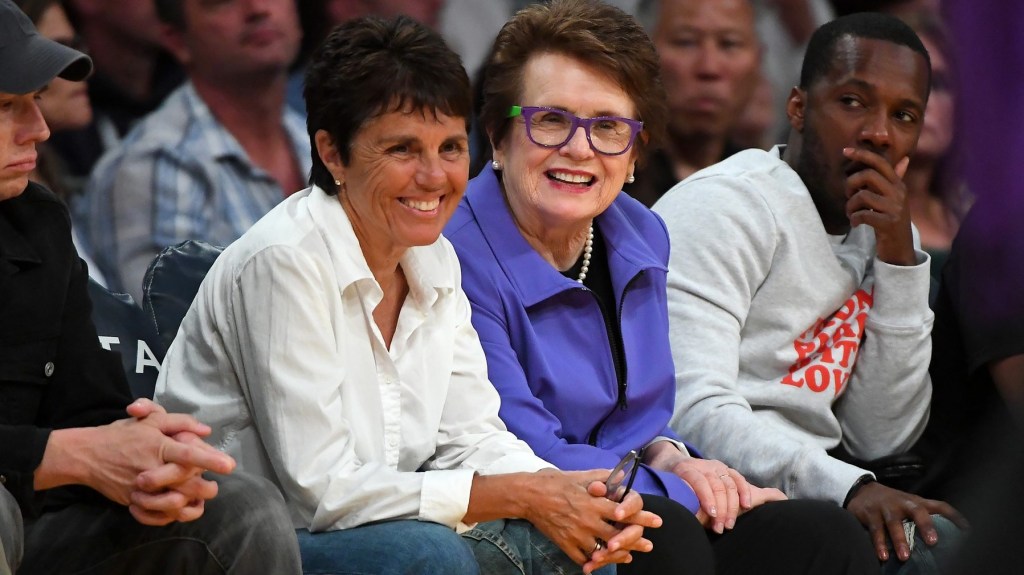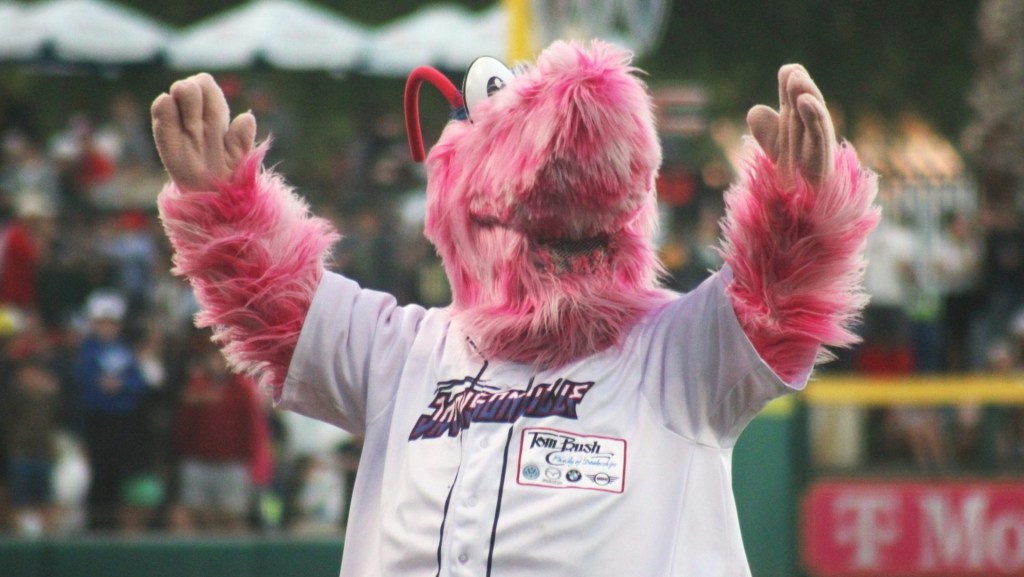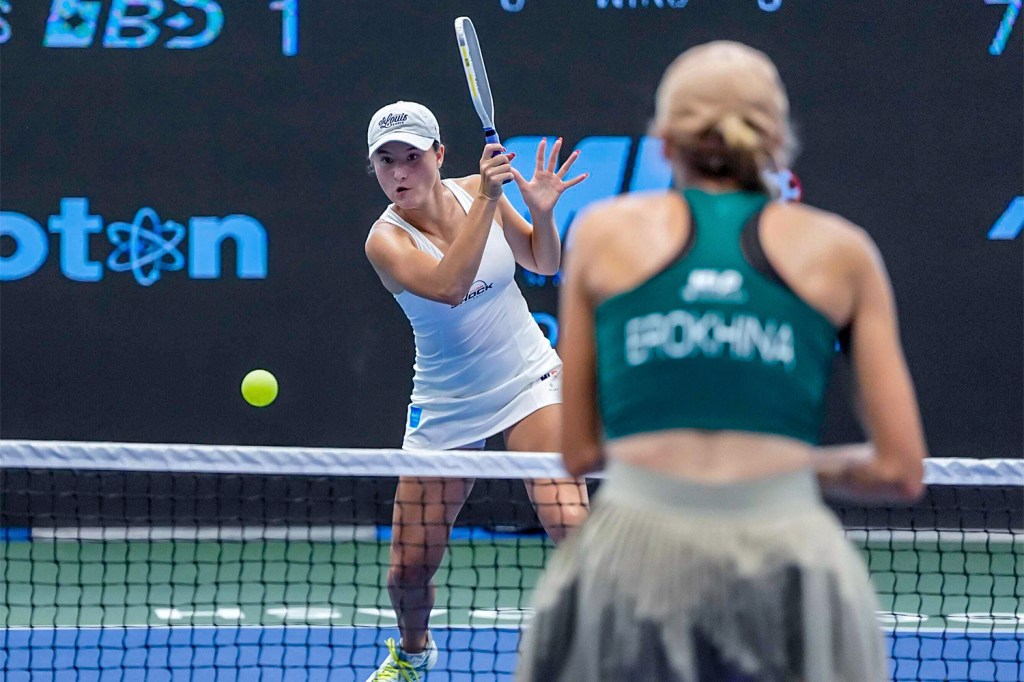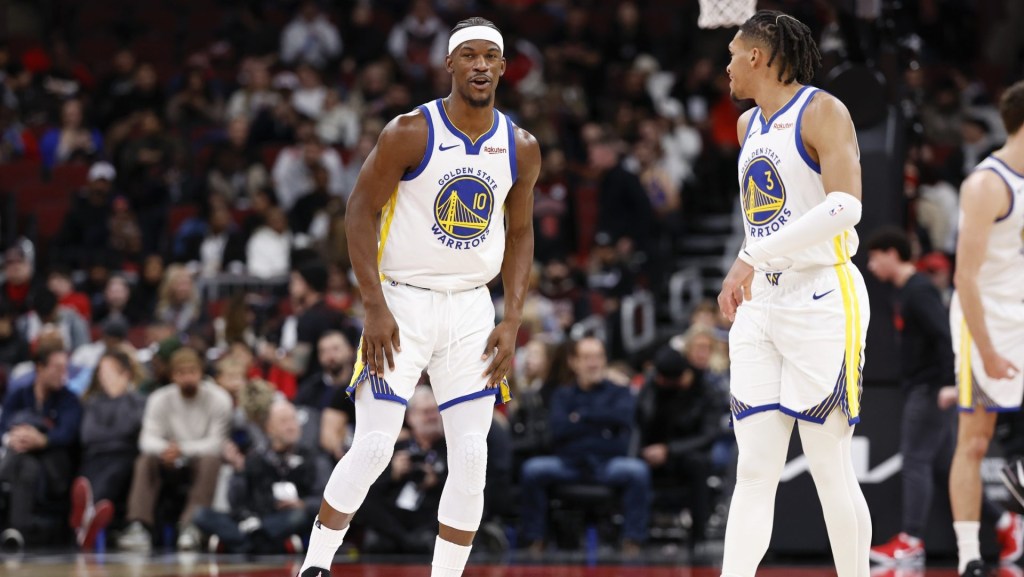The world’s most valuable Premier League club saw its stock drop 14% on Tuesday as ownership sold off shares at a discount to market value.
In the most recent episode of “what’s going on with Manchester United?” the Glazer brothers have decided to offload another chunk of the team, marking the second time the brothers have sold shares this year.
From the highs of Cristiano Ronaldo’s return to the club, to the lows of the Super League, Man U has faced its fair share of volatility this year. Just look at their share price. The stock has yo-yoed between $14 and $21 since Q1 — with the most recent bout of volatility resulting in a total market capitalization loss of $476 million. Yikes.
But that’s just scratching the surface. 2021 has been an absolute roller coaster for the club.
- March: The team announces Q2 financial results and beats revenue estimates by $31 million.
- March: The Glazer family offloads $96 million in stock, representing an approximate 3% reduction in their total ownership stake.
- March: A jersey sponsorship deal with global tech company Team Viewer is announced for $55 million annually — a $16 million reduction from their previous Chevrolet deal.
- April: The Super League plot causes significant price volatility, ultimately resulting in the departure of top Manchester United executive (and former JPMorgan investment banker) Ed Woodward.
- April: The Glazers announce they are willing to sell the club at a $4 billion price tag.
- June: Man U allows fans to purchase shares in the club with equal voting rights as ownership.
- August: The club announces the return of Ronaldo and the stock shoots up 7%.
- September: Ariel Investments, which previously held 5% of Manchester United, increases its stake to 13.8% through a share purchase.
- October: The Glazers sell off another $186 million worth of shares.
With all of this noise, what do we think of Manchester United’s current valuation?
The Good
As of now, the club is back to full capacity at Old Trafford for the 2021-22 season, a sign that gate revenues should normalize as we look to Q1 2022.
Furthermore, while the club has seen a reduction in overall revenues during the pandemic, it did see an 81% increase in revenues derived from broadcasts — from $140 million to $255 million — due to improved results in the Champions League, Premier League, Europa League, and FA Cup.
The club also received a vote of confidence from prominent investment firm Ariel Investments in the form of a $103 million share purchase on the NYSE in September. The move made Ariel the third largest owner of Manchester United common stock.
- The investment, it seems, is indicative of the firm’s belief that exposure to sports properties can generate alpha relative to the broader market — or, in other words, sports teams have as attractive of a potentially explosive upside as crypto.
- Pro sports franchises tend to trade at market caps that are at a heavy discount to their valuations.
Manchester United currently has a market cap of $2.75 billion while its valuation is nearly 1.6x that, and Ariel likely bought in with that in mind.
The Bad
For the twelve months ended June 30, 2021, United posted $494 million in revenue — down 3% from the same period a year prior, though much of that drop came from reduced ticket sales related to COVID.
Operating profit turned negative with a reduction from $5 million in 2020 to negative $37 million in 2021. This was due, in large part, to increased player salaries.
Taxes were the main culprit in net income plummeting 397% for the year. The club was ever-so-fortunate to be bumped from a 19% to a 25% tax bracket for fiscal 2021. Writing down a deferred tax asset to the tune of $66 million didn’t help, either.
The Ugly
Debt, coverage, and the Glazers.
The company has accumulated a sizable debt position — which wouldn’t be an issue if they could pay it off. The numbers indicate that they aren’t necessarily in a great position to do that.
Coverage — a company’s ability to cover their interest expense with available cash — is currently negative. This is not wholly uncommon, but United increased their total long-term borrowings over the past year at the same time that earnings decreased.
I’m no mathemagician, but when your numerator shrinks (earnings before interest and taxes, or “EBIT”) and your denominator grows (interest expense related to long-term debt), that seems like a problem.
Then there are the Glazers. The progressive offloading of shares could have many implications. However, it’s usually not a great sign to the market when team owners are offloading shares and not reinvesting the profits from the sale into the team.
My Thoughts?
Manchester United’s debt and interest coverage concerns are real and worth paying attention to.
All of that said, if you couple more normalized matchday revenues with the increased broadcast revenues and the club stays atop the Premier League table, there’s a chance we see them not only improve their financial standing, but also crack the top three most valuable soccer franchises.
While we wait to see how it shakes out, I’ll continue to enjoy the best United has to offer — a whole lot of Ronaldo.
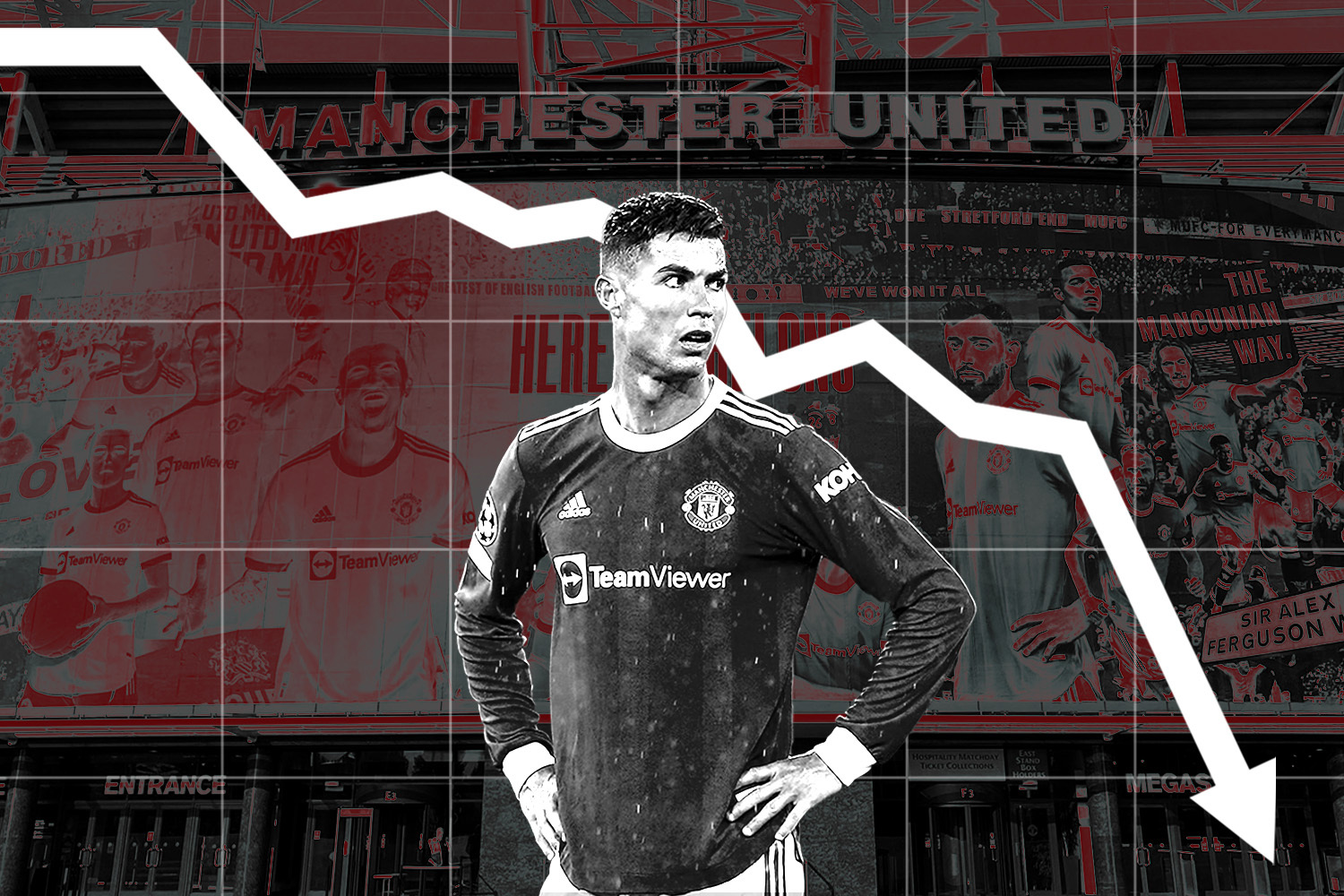
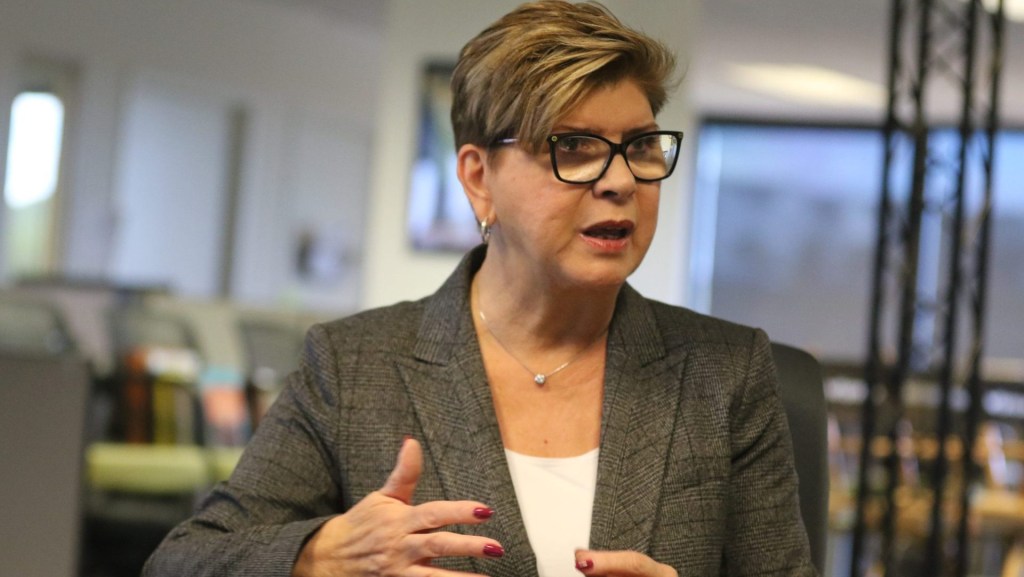

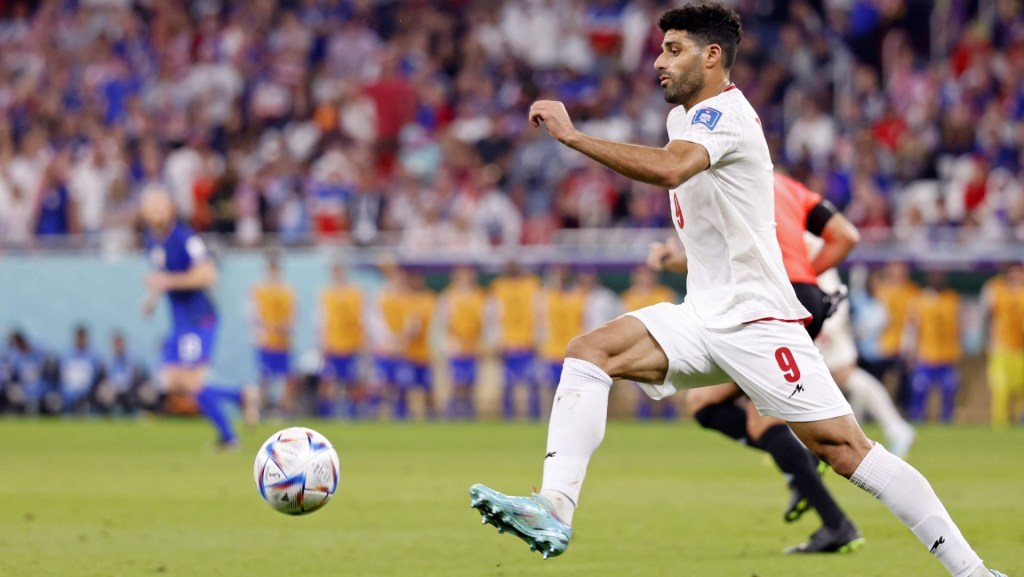


![[Subscription Customers Only] Jun 15, 2025; Seattle, Washington, USA; Botafogo owner John Textor inside the stadium before the match during a group stage match of the 2025 FIFA Club World Cup at Lumen Field.](https://frontofficesports.com/wp-content/uploads/2026/02/USATSI_26465842_168416386_lowres-scaled.jpg?quality=100&w=1024)
![[Subscription Customers Only] Jul 13, 2025; East Rutherford, New Jersey, USA; Chelsea FC midfielder Cole Palmer (10) celebrates winning the final of the 2025 FIFA Club World Cup at MetLife Stadium](https://frontofficesports.com/wp-content/uploads/2026/02/USATSI_26636703-scaled-e1770932227605.jpg?quality=100&w=1024)


